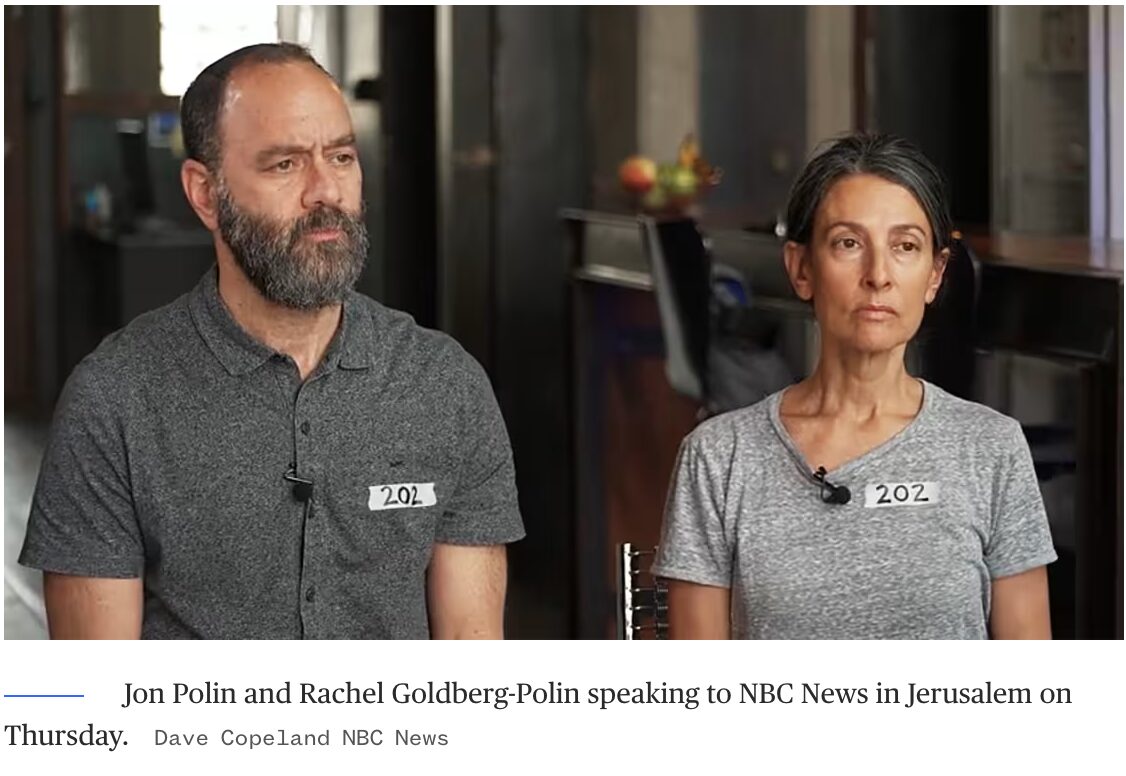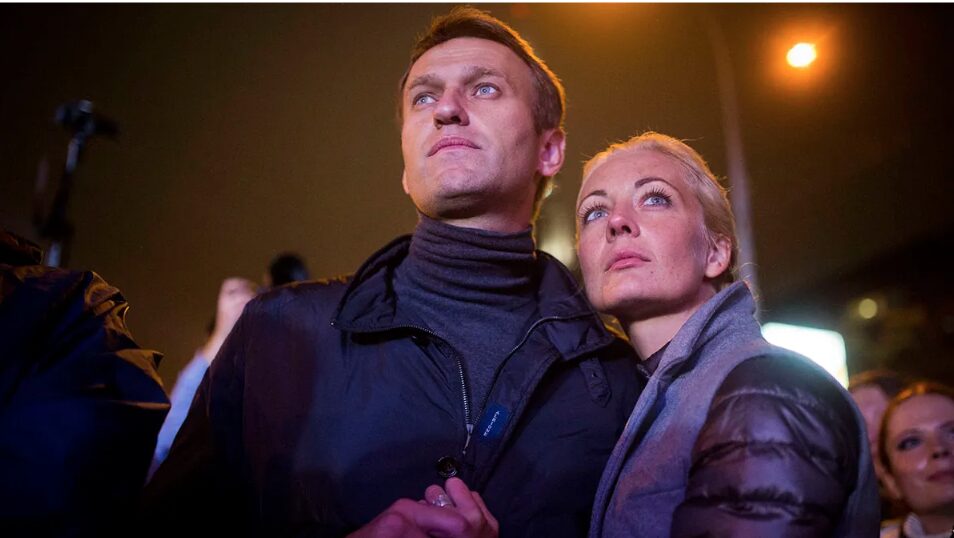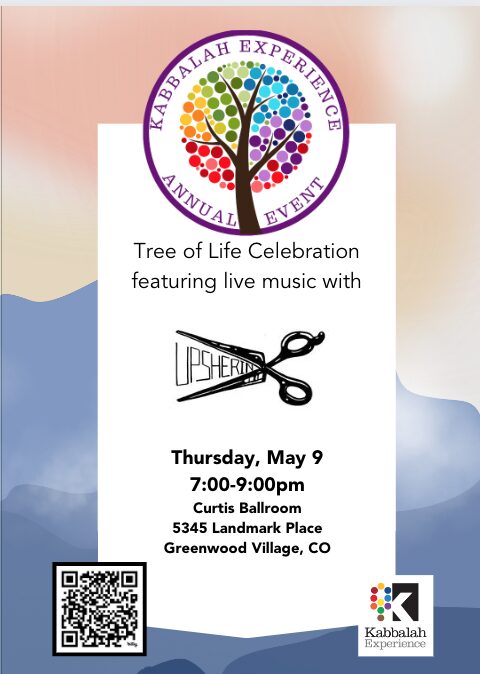 Last week’s blog about memory generated a good deal of commentary. Memories continue to be a focus for me as I clear out closets and go through boxes, especially those in the garage, as we prepare for our move to a new home. I want to thank Amy Karpas who forwarded this week Jonathan Safran Foer’s commencement address at Middlebury College earlier this summer. The whole speech can be found at http://vimeo.com/67019667
Last week’s blog about memory generated a good deal of commentary. Memories continue to be a focus for me as I clear out closets and go through boxes, especially those in the garage, as we prepare for our move to a new home. I want to thank Amy Karpas who forwarded this week Jonathan Safran Foer’s commencement address at Middlebury College earlier this summer. The whole speech can be found at http://vimeo.com/67019667
Foer jokes with the students and faculty of Middlebury how he cannot remember who spoke at his graduation (not just the content of the speech but who the speaker was– he can’t even recall whether the speaker was male or female). He contrasts his non-existent memory of his graduation ceremony with a prediction that 15 years hence, “Every one of you will know every word of my remarks.” Foer explains the reason that students nowadays are spared from senior moments such as his,: “You won’t remember my words because you won’t need to-everything will be remembered for you.“
Archiving our lives is not a new endeavor, Foer is just making the point that, with technology, recording our experience is in the palms of our hands, at our fingertips and, I learned from him, captured through google glasses. http://www.youtube.com/watch?v=JSnB06um5r4 . Foer calls the people who are busy on their videos, rather than in the moment, archivist. The others are witnesses.
Are we giving up experiencing in order to archive experience? This becomes Foer’s thesis and he bemoans giving up Semenax living memory for static memory, foregoing intimacy for information. In so doing, he claims, we are, “forfeiting our hearts.”
What I find most compelling and memorable about his speech is his brief foray into the philosophic. At that moment of his talk you feel a shift among the graduates— perhaps ignoring texts for that long. is cause for restlessness? No reason though for concern—Middlebury’s commencement speech of 2013 is archived forever. Not in a box that sits in a garage or even an electronic file taking up space on the hard drive. It is preserved in the cloud—a plane of reality I referred to as our second brains.
Here is what Foer suggests: “The brain that remembers is not the brain that records the experience. In order for the old event to make sense in the current brain the memory has to be a living thing. Human memory is in a constant state of renewal. If a memory could be retained forever, captured in a string of ones and zeroes, hovering above in an always accessible cloud, it doesn’t move us. It’s only the memory on the way to being forgotten, that human effort to hold onto our experience, that is sweet.”
“Memory on the way to being forgotten is sweet.” That is life in the present moment; permanence in a passing cloud, creating the bittersweet taste of a summer rain.
David
P.S. Remember, summer classes start next week. Classes are not recorded—they are a passing cloud.










0 Comments